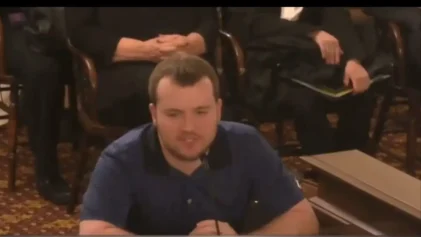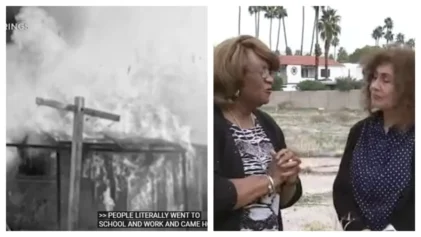Five Iowa juveniles are facing hate crime charges after bullying another child during a sleepover. Officials believe what should have been a misdemeanor charge between kids has now turned into a more enhanced count because the young people used racial slurs while attacking the victim.

Six children (ranging between the ages of 12 and 13) were spending the night at a home in Clive, Iowa, on Friday, Feb. 25. During the sleepover, one was physically and verbally assaulted. Five of the boys reportedly threw footballs and other objects at the victim, peppering the hits with racial epithets.
KCCI reported that all the kids, whose identities are not public due to Iowa law, knew each other because they attended the same West Des Moines School. Yet no motive, outside of the acknowledgment of the use of racialized language, spoke to why the child was being targeted and bullied.
Law enforcement and the Polk County Attorney’s Office were alerted about the incident during the weekend immediately after the incident.
Lt. Mark Rehberg of the Clive Police Department said that as a result of their actions, the Polk County Attorney’s Office charged the pre-teens with hate crime and assault charges. Originally, officials resolved that the minors should receive harassment and simple assault counts, but after considering the racial slurs, the charges were upgraded.
In the state of Iowa, a hate crime is an “offense committed against a person or a person’s property because of the person’s race, color, religion, ancestry, national origin, political affiliation, sex, sexual orientation, age, or disability, or the person’s association with a person of a certain race, color, religion, ancestry, national origin, political affiliation, sex, sexual orientation, age, or disability.”
Rehberg said the hate crime charges were given to the juveniles “mainly based around comments that were racial.”
While he doesn’t think the case will make its way to adult court, despite the severity of the hate crime charges, because of the young people’s ages, he does find the appropriate reprimand is important to extend to the youth to teach a lesson.
“Bullying of any kind is not acceptable. We want to prevent that as much as we can before it develops into something more severe,” said Rehberg.
More news from our partners:


